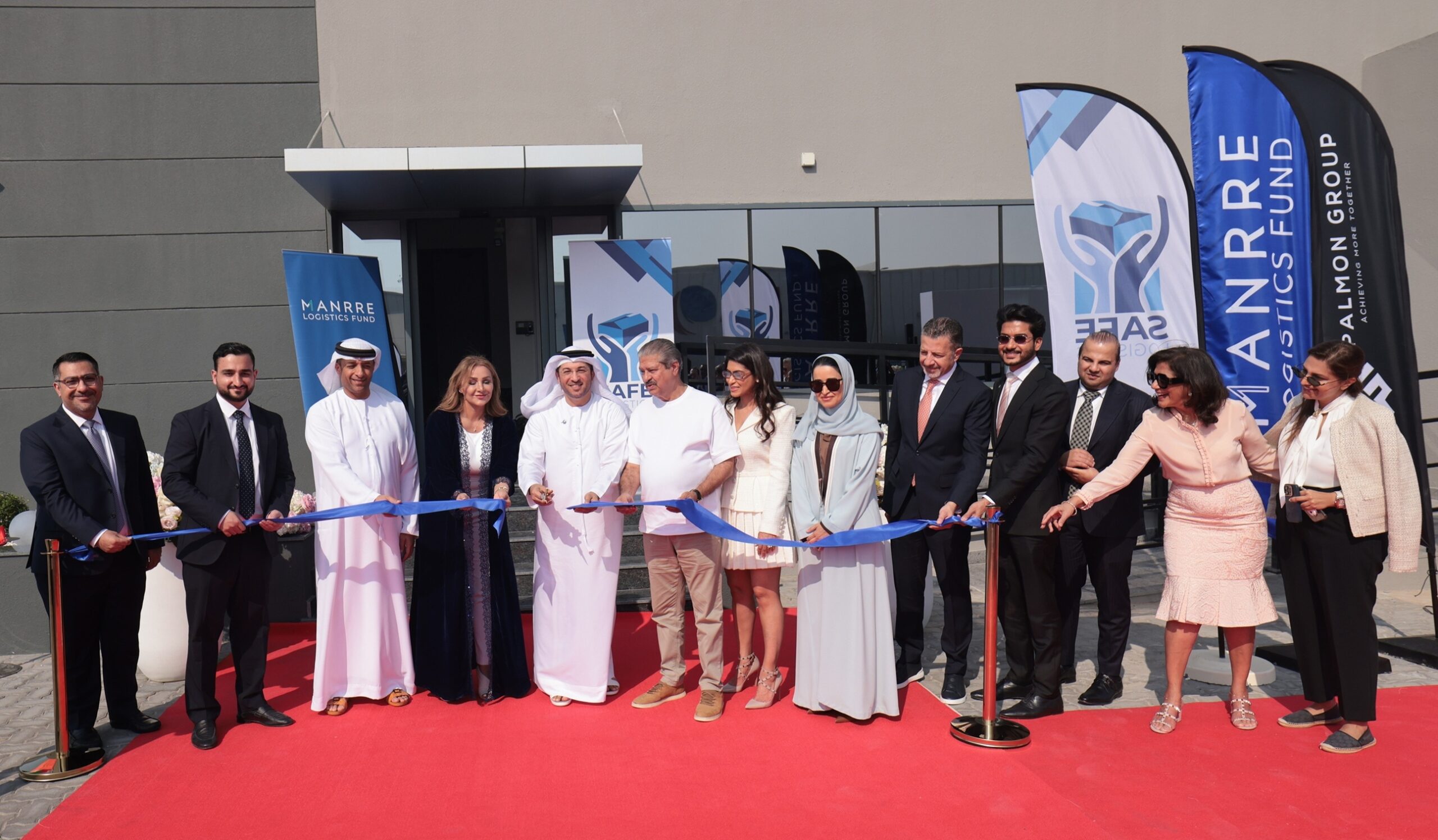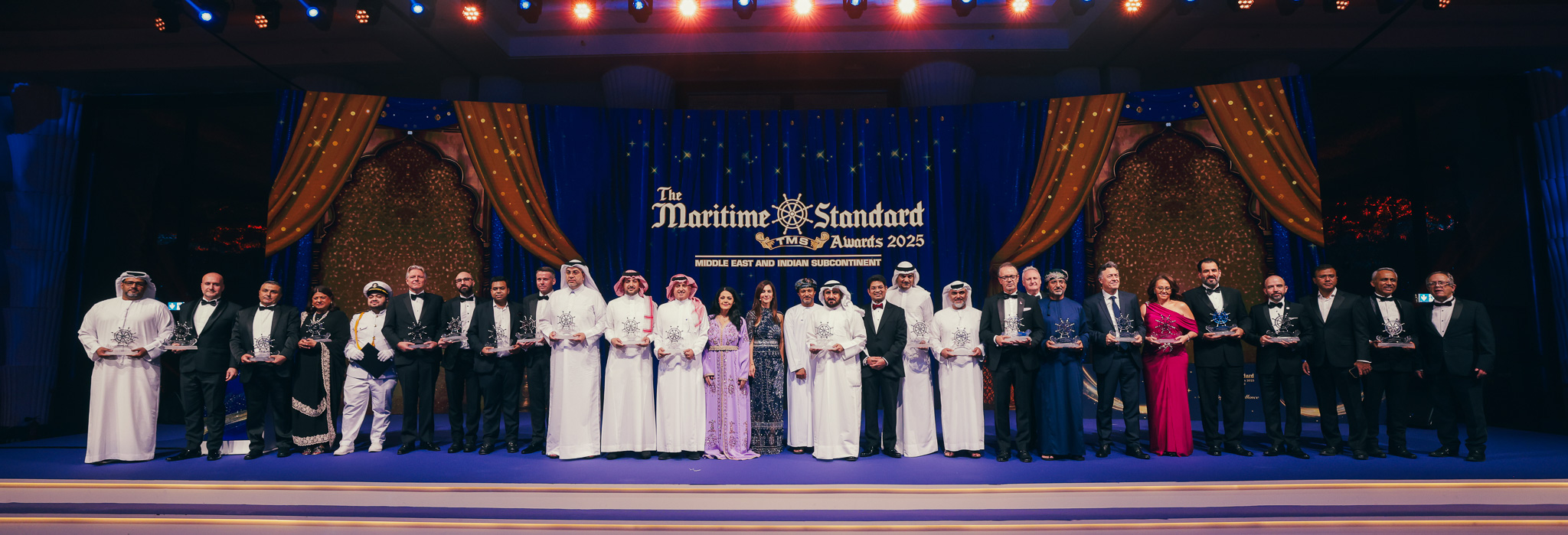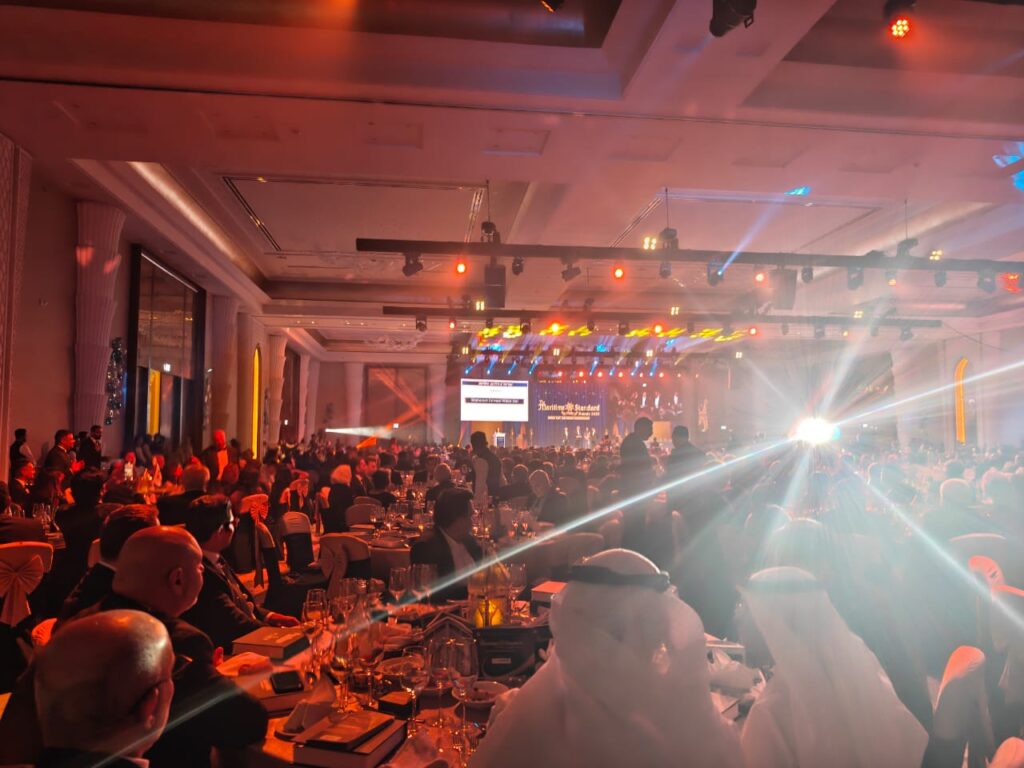News
DEVOPS FOR AGILITY & INNOVATION
By Alan Hale, director of EMEA Consulting at Red Hat

The most successful businesses use DevOps to remove any roadblocks that stand in their path, writes Alan Hale, director of EMEA Consulting at Red Hat.
Today’s business leaders across the Middle East want more innovation, faster. They know that, in order to beat competitors and continue to thrive, their organization must excel in bringing new products and services to market at speed and on consistently exceeding customer expectations.
That puts major pressure on those responsible for developing and delivering new and enhanced software functionality for the business to use. More frequent releases and shorter deadlines are increasingly becoming facts of life, but in the race to fast-track new pieces of code, IT teams often hit a roadblock.
That roadblock occurs at the boundary of application development and IT operations, an intersection where two very different cultures meet.
Conflict resolution
On one side of the boundary is the culture of the developer, where creativity, freedom to experiment and choice of tools are paramount. The developer is happiest using Agile techniques to produce a constant stream of software releases and upgrades that will get the business where it needs to be, in terms of innovation.
On the other side of the boundary is IT operations, where stability and control are what matters. Disruption is the enemy and frequent software releases can be complex to manage. IT operations agree that they want the business to move forwards – but not at the risk of critical systems falling over.
This cultural divide can lead to all sorts of ‘flashpoints’ before a piece of software makes it into production. Developers get frustrated if they are forced to wait for new development environments to be provisioned or new applications to be approved. IT operations, meanwhile, get exasperated if developers take matters into their own hands, setting up their own environments or releasing code early into test environments. And when code fails, due to library mismatches, for example, or platform/networking differences, everyone is infuriated by the perceived failings of the opposing side and the valuable time that will now be lost to debugging. Even worse, the business is left waiting until the next release window for the functionality it needs. Of course, if any of the bugs reach production or integration fails with other live systems, the fall-out isn’t worth imagining.
These kinds of conflict are the reason that there’s a great deal of interest in DevOps right now – a movement that encourages application developers and IT operations professionals to collaborate more, to remove the bottlenecks that delay the release of new software and to help the business to keep pace with the speed of innovation that will enable it to stay one step ahead of its competitors.
Cloud bridges the divide
We believe that the Cloud is the best venue for DevOps, providing a way of working that can benefit every business, no matter how risk-averse. A platform-as-a-service (PaaS) approach may be hosted by a third-party provider or remain on-premise, in a private cloud infrastructure, but either way, the same benefits that make cloud technologies attractive for production environments also apply to the development and delivery of software: lower cost of entry, faster speed-to-market, on-demand scaling and centralized administration, standardization of provisioning and deployment techniques, for example.
More importantly, however, a cloud-based PaaS provides a single collaborative venue where participants on both sides of the DevOps divide work together closely as a team, regardless of physical location, and get a better understanding of how the other side works.
In particular, automation capabilities guide all staff through the application development and delivery process, providing everyone involved with regular progress reports and alerting them to required next steps, while still preserving distinct roles and responsibilities.
IT operations staff, for example, can create templates in the PaaS environment that mean that developers have instant access to development environments that accurately mirror production whenever they need them. Developers, meanwhile, are provided with access to self-service capabilities that enable them to create scalable applications using their choice of languages and streamlined workflows that accelerate productivity. The result is a more efficient use of time and skills across the entire IT team and more opportunity for the business as a whole to innovate.
The DevOps roadmap
At the same time it is easy to recognize that most organizations have significant investments in existing tools and processes. The journey to DevOps, for many, will and must be an incremental one. That’s why it is vital to work with organizations to create a roadmap that will help them get the most of what they have in place today but, over time, will enable them to incorporate new technologies, such as hybrid cloud, and new ideas, such as continuous development.
Even if fully continuous development and delivery is not the goal for your business, or the idea of automating application development right through to production would be widely greeted with horror, DevOps can accommodate your company’s own particular comfort levels while at the same time helping it to increase reliability, reduce risk and optimize the resources required to get new software into use.
IT operations will get the control they require over environments, framework and reuse. They’ll reap the benefits in terms of cost and efficiency of virtualized and cloud-based environments, as well as vastly accelerated development and testing. Over time, they may choose to work towards charge-back mechanisms that make line of business units responsible for the cost of the development skills and environments that they consume.
Developers, meanwhile, get faster access to new environments; more choice in tools; and the scope to ‘fail fast’, when it comes to trying out new technologies, frameworks and versions. If one approach doesn’t work, they can quickly swap it for another. They get better scalability of environments and improved test control and repeatability. Above all, they spend more time developing and less time waiting to start on the next stage or the next project.
To agility and beyond
The fact is that any organization in the Middle East – whether it’s an IT team or the business it works for – must be agile in order to innovate. That’s a familiar concept to developers who have been using Agile programming techniques for more than a decade to speed development processes. The point of DevOps is to bring the same speed and efficiency to IT operations, creating a win-win for both that breaks down barriers and gets them working at the same speed, towards the same goals. Developers get more freedom; operations still retain the control that they need.
In the process, DevOps enables the whole organization to become more agile and innovative. A steady stream of fresh software, released without disruption, can make a huge difference to business performance, at a time when responding at speed to changing customer demand and exploiting new business opportunities as they emerge has never been more important. DevOps is here already – your first step to better business agility and increased innovation should be to seize on the opportunity it represents.
News
GFH Partners Manrre REIT (CEIC) PLC and Palmon Group unveil new temperature-controlled chemical warehouse in JAFZA

GFH Partners Manrre REIT (CEIC) PLC (“Manrre” or “the Fund”), managed by GFH Partners Ltd. (“GFH Partners”), together with its development manager Palmon Group FZCO (“Palmon Group”), today announced the opening of a specialised temperature-controlled chemical warehouse in Jebel Ali Free Zone (Jafza), further expanding the Fund’s Grade A logistics portfolio.
The inauguration ceremony was held in the presence of Mr Abdulla Bin Damithan, CEO and Managing Director, DP World GC, alongside senior officials and dignitaries from Jebel Ali Free Zone, GFH Partners, and Palmon Group.
Purpose-built and developed by Palmon Group to meet stringent international safety and compliance standards, the new facility reflects the rising regional demand for certified chemical storage infrastructure that supports manufacturing, energy, industrial services, and third-party logistics. The warehouse is situated on a 180,000sq ft plot with a built-up area of 112,000 sq ft, divided into three temperature-controlled chambers that reach a maximum height of 13 metres. The warehouse has been designed with advanced Early Suppression Fast Response (ESFR), and in-rack sprinkler systems to ensure safety and resilience across all operations.
The facility’s layout allows storage of a diverse range of hazard-classified chemicals. One chamber is configured for UN Class 3 and 4 chemicals, a second accommodates UN Class 5 chemicals, while the third has been developed for UN Class 6, 8, 9 and non-regulated materials. The warehouse offers capacity for 17,400 pallets and includes nine loading docks and three loading bays. The office space has been intentionally limited to three percent of the total built-up area, maximising operational efficiency and warehouse utility.
Speaking on the launch, Kunal Lahori, CEO of Palmon Group and Board Member of Manrre, said: “This new facility brings together precision engineering, regulatory compliance, and long-term value creation. Specialised chemical storage requires a high degree of control and risk management, and we have developed this warehouse to meet those expectations while offering flexibility and scalability for tenants. As one of the earliest developers in Jafza, Palmon Group remains committed to supporting the UAE’s logistics and industrial growth.”
Mohamed Ali, Head of GCC at GFH Partners, said: “The opening of this warehouse marks another important milestone in the expansion of the GFH Partners Manrre REIT portfolio, particularly in mission-critical industrial and logistics assets that serve high-growth sectors. The UAE continues to see strong demand for specialised storage solutions, and this facility reinforces our strategy to develop resilient, future-ready assets that deliver long-term value for our investors.”
The logistics hub is now fully operational and is leased to Safe Logistics. The new facility is expected to play a significant role in strengthening regulated supply chains and supporting Dubai’s position as one of the region’s foremost logistics and industrial hubs.
News
Big Ticket joins DP World ILT20 Season 4 as Official Partner

Big Ticket, the largest and longest-running guaranteed raffle draw in the Middle East (known for cash prizes, dream luxury cars, gold bars and coins) has joined the DP World International League T20 Season 4 as an Official Partner.
In recent years, Big Ticket has become more than just a raffle, it has gained the reputation of being a brand built around rewarding dreams and celebrating ambition, growing into one of the region’s largest and one of the most anticipated monthly draws in the UAE.
DP World ILT20 – the 34-match cricketing extravaganza – the biggest T20 tournament in the region featuring some of the most renowned global cricket stars is currently being played at the Dubai International Stadium, Zayed Cricket Stadium, Abu Dhabi and Sharjah Cricket Stadium.

DP World ILT20 Head of Partnerships Ishan Chopra: “We are delighted to welcome a UAE born raffle giant like Big Ticket as an Official Partner of the DP World ILT20. Their legacy of helping dreams come true aligns perfectly with our vision of delivering unforgettable, fan-first experiences across the league. This partnership strengthens our commitment to creating moments of excitement both on and off the field, and we look forward to elevating Season 4 together. With a household name like Big Ticket on board, we are confident of unlocking even more opportunities for fans to engage, celebrate and go All In for Cricket.”
Meanwhile, DP World ILT20 match tickets across all categories are available for the remaining tournament matches. Various spectator stand tickets start at AED 20 and hospitality packages start from AED 325. Fans can also book the new Sixes Lounge experience for AED 395, which includes unlimited food and beverages. Tickets can be purchased by visiting tickets.ilt20.ae or Virgin Megastores.
News
The Maritime Standard Awards 2025 winners list showcases high levels of innovation and operational excellence across the maritime sector

The maritime sector’s leading awards event, The Maritime Standard (TMS) Awards 2025, has announced this year’s winners, honoring outstanding companies and industry leaders from across the Middle East and Indian Subcontinent. The Awards showcased achievement and innovation in 25 categories covering shipping, logistics, ship repair, offshore services, marine technology and related sectors, as well as a series of special awards for individual achievement. The prestigious event took place at Atlantis The Palm, Dubai on October 29th, attracting over 1000 senior executives, decision-makers and industry leaders, from the region, and across the globe.
Held under the patronage of H.H. Sheikh Ahmed bin Saeed Al Maktoum, President of the Dubai Civil Aviation Authority, Chairman of Dubai Airports, and Chairman and Chief Executive of Emirates Airline and Group, the event recognised organisations and individuals for setting new standards in operational excellence and leadership in the sector amid significant shifts in the industry, including decarbonisation, digitalization, and a renewed emphasis on supply chain resilience. From clean-fuel projects and AI-powered port operations to international collaborations that boost trade efficiency, the 2025 Awards showcased the industry’s progress in turning goals into tangible outcomes.
The evening was hosted by Yalda Hakim, a renowned international correspondent and documentary filmmaker, whose engaging presence added distinction to the occasion. The keynote address was delivered by Captain Abdulkareem Al Masabi, CEO of ADNOC Logistics and Services, who shared valuable insights on the evolving maritime landscape and the UAE’s leadership in advancing sustainable and innovative practices across the sector.
Clive Woodbridge, Editor of The Maritime Standard and Chairman of the Judging Panel, stated, “This year’s competition was exceptionally tough, and we received an unprecedented number of entries across all categories. Each finalist demonstrated remarkable achievements and operational standards over the past year, which underlines the significant advances that continue to be made in the regional maritime sector.”
A rigorous assessment process was conducted as part of the award selections, and this was supervised by an independent panel of distinguished judges that included some of the most prominent names in the maritime industry.
Trevor Pereira, Managing Director of The Maritime Standard, commented, “These Awards are not just about celebrating success, but also about encouraging excellence. This year’s event recognised innovative concepts, exciting new initiatives, and outstanding performance standards. As the region continues to expand its maritime infrastructure and digital port systems, with significant developments across the Middle East and the Indian Subcontinent, events like The Maritime Standard Awards play a key role in reinforcing its position as a global leader in shipping and maritime.”
Reaction from the individual winners on the night of October 29th was highly appreciative. Captain Mohamed Al Ali, Senior Vice President, Operations (Offshore Logistics), at ADNOC L&S, who received the Outstanding Achievement Award, added: “It was one of the greatest honours of my professional career to receive this Award. It really means a lot to me to have TMS recognise the years of dedication and hard work.”
Tony Dagher, the Founder and Managing Director of TMC Shipping Group was the recipient of the Young Person in Shipping and was similarly honoured. He said: “I have been fortunate to have had great support from many people during my journey in shipping, and to have a fantastic team around me now. This Award is as much for them as it is for me.
Over the past 12 years The Maritime Standard Awards has consolidated its standing as one of the most prominent annual gatherings within the global maritime calendar, gaining worldwide recognition for recognising excellence and promoting a more resilient and sustainable maritime future.

-

 Tech News2 years ago
Tech News2 years agoDenodo Bolsters Executive Team by Hiring Christophe Culine as its Chief Revenue Officer
-
News10 years ago
SENDQUICK (TALARIAX) INTRODUCES SQOOPE – THE BREAKTHROUGH IN MOBILE MESSAGING
-

 VAR10 months ago
VAR10 months agoMicrosoft Launches New Surface Copilot+ PCs for Business
-

 Tech Interviews2 years ago
Tech Interviews2 years agoNavigating the Cybersecurity Landscape in Hybrid Work Environments
-

 Tech News7 months ago
Tech News7 months agoNothing Launches flagship Nothing Phone (3) and Headphone (1) in theme with the Iconic Museum of the Future in Dubai
-

 VAR1 year ago
VAR1 year agoSamsung Galaxy Z Fold6 vs Google Pixel 9 Pro Fold: Clash Of The Folding Phenoms
-

 Automotive1 year ago
Automotive1 year agoAGMC Launches the RIDDARA RD6 High Performance Fully Electric 4×4 Pickup
-

 Tech News2 years ago
Tech News2 years agoBrighton College Abu Dhabi and Brighton College Al Ain Donate 954 IT Devices in Support of ‘Donate Your Own Device’ Campaign









